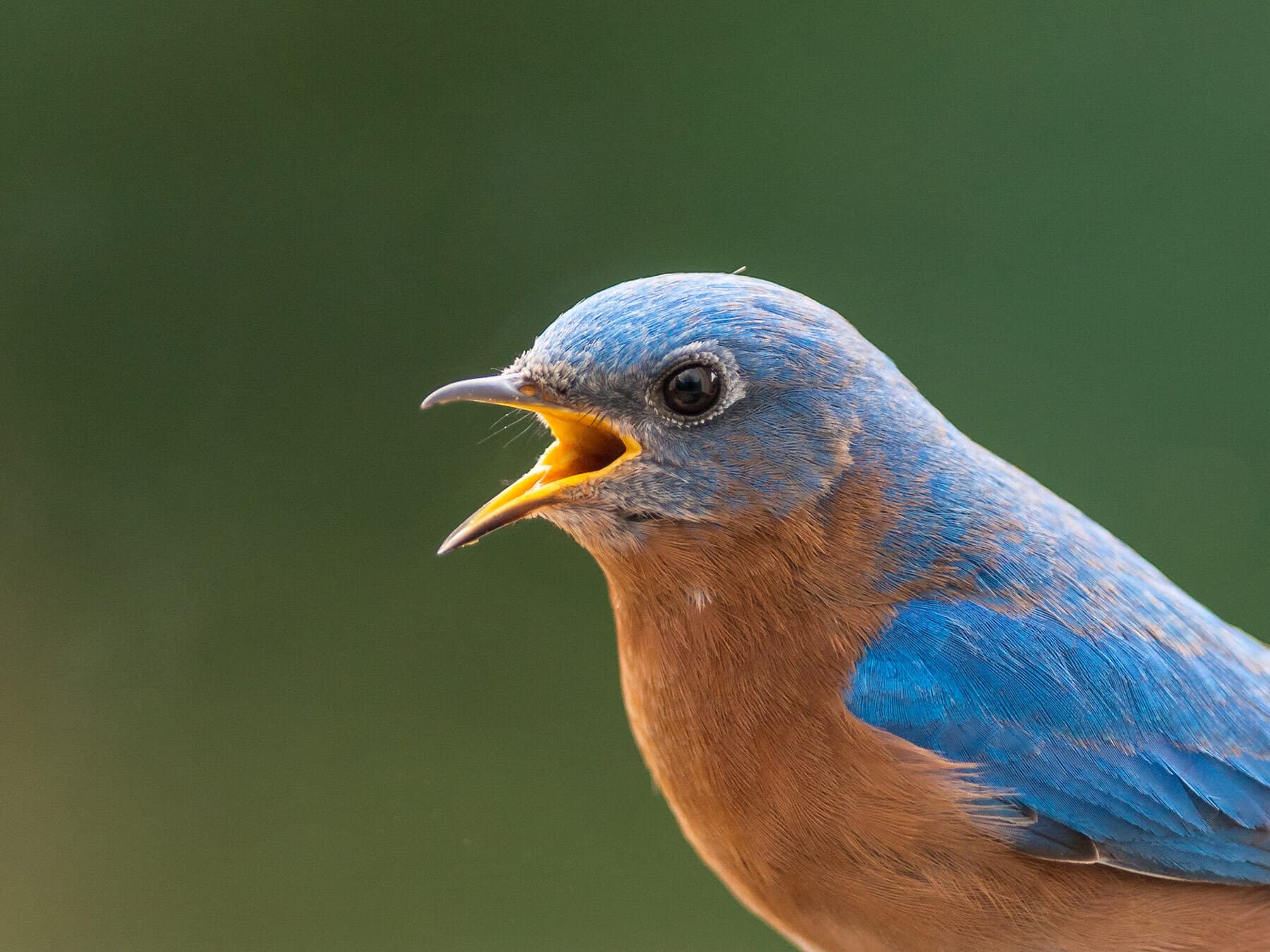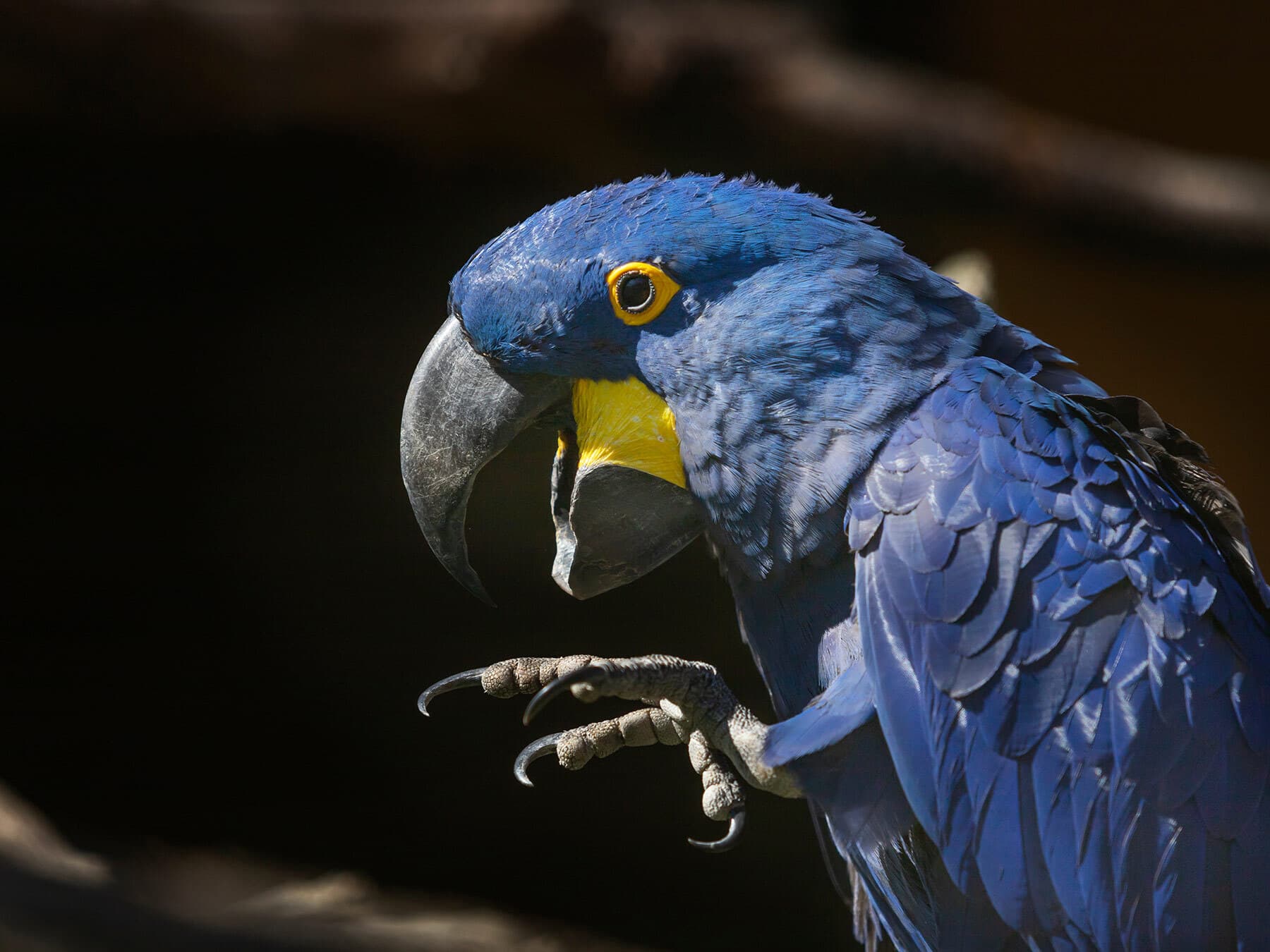
From the Journal
Understanding Bird Coughs: Why They Don't Sound Like Ours
- Birds can "cough," but it's different from human coughing; they produce multiple 'kack' like sounds often mistaken for sneezing.
- Unlike humans with a single larynx, birds have a syrinx, or "lower larynx," situated at the end of their windpipes, causing their unique sound production.
- Birds might "cough" for various reasons, including mimicking sounds, respiratory infections, or due to allergies from strong scents.
- Continuous coughing or coughing accompanied by symptoms like unusual excrement colors or unusual breathing patterns may indicate health concerns, necessitating a vet visit.
Birds have several similarities to you and me, like sleeping and communicating with each other, but can they cough as we do? Well, in this article, we're gonna answer questions all about birds and coughing.
Birds do cough, but they do not sound like the way we cough. They don't have diaphragms, which are required to produce a true cough sound as we do. Instead, the cough of a bird in many species can be many 'kack' like sounds with forwarding motions of the head.
This is often confused with sneezing as they produce similar sounds; however, sneezing tends to be one occurrence instead of multiple 'kacking' sounds.
We'll go into detail as to why birds are unable to produce coughing sounds like ourselves and much more below.
The Anatomy Behind Bird Sounds
Unlike humans, who have one set of vocal cords, birds have complex vocal apparatuses located in each mainstream bronchus - it's almost like having two sets of vocal cords in a way.
Birds do not have a larynx as we do, but instead, have something called a syrinx which is basically their version of a voice box. The avian syrinx is referred to as the lower larynx, as it is located at the end of their windpipes - this is the opposite end to us, which is why birds produce sound from their chests and are unable to produce a cough sound as we do.
Their lungs work in a completely different way to ours as well, as they have two independent ones. One breath fills one set and the next breath fills the second.

The Reasons Birds "Cough"
There are a few main reasons why birds cough. The main one is typically for the body to clear the airway.
Mimicking and playing
One of the reasons why people think birds cough as we do is because certain bird species capable of mimicking, often mimic coughing.
This mimicking can be so convincing, that it sounds exactly like a human cough and is generally nothing ever to worry about, however, it can be startling as you may think they are sick.
So if your pet bird or parrot is generally well and is showing no other signs of illness, such as weight loss, unusual behaviour or breathing abnormalities, the cough is nothing more than a mimic, so there is no need to worry.
The general rule of thumb is, if the cough sounds similar to one we would produce, it's nothing to worry about and your bird is just playing and mimicking a sound.
Respiratory Infections
Other reasons can include respiratory infections affecting the lower respiratory tract, such as the lungs or air sacs.
This can cause birds to produce sounds that sound like coughing, but more often than not, birds' coughs are easy to misidentify, as they often sound like a chirp.
Allergies
Birds get allergies just as we do, and they will often 'cough' to try and get rid of the allergen.
Strong scents are often the culprit, like perfumes, air fresheners and cleaning products.
The best way to tell if it's an allergy causing the coughing, would be to identify if any of the above - or similar, has recently been around the bird or is a recent change around their habitat.
Recognizing Serious Signs in Coughing Birds
If the coughing occurs a couple of times, generally it's nothing to worry about, as it can just be something in the surrounding generally triggering a reaction from an allergy as above.
If your bird appears to be coughing frequently and doesn't seem to go away, it's best to get in contact with your vet to rule out anything serious.
If the cough is accompanied by any of the below, it's best to seek veterinary advice as soon as possible:
- Unusual color in their excrement (You may notice blue or greenish substances in their droppings)
- Nose and eye discharge
- Unusual breathing patterns
- Lethargy and restlessness
- Tail bobbing (moving its tail up and down rapidly)
- Shedding feathers or a change in color to dull
- Drooping wings
Identify Any Bird Instantly
- Upload a photo from your phone or camera
- Get an instant AI identification
- Ask follow-up questions about the bird
Monthly Birds in Your Area
- Personalised for your location
- Seasonal tips and garden advice
- Updated every month with new species